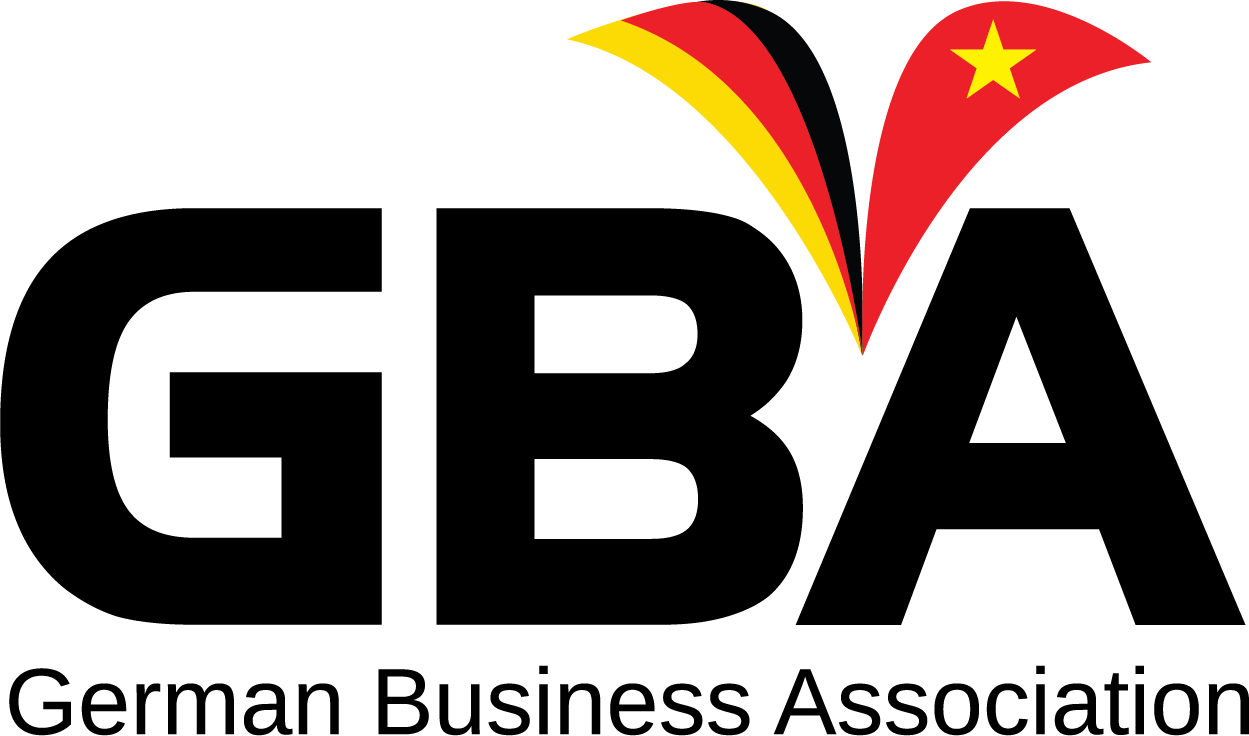Our long-standing GBA board member Dr. Oliver Massmann, Partner at Duane Morris Vietnam LCC, is sharing the most relevant legal updates with you.
Dr. Oliver Massmann is an International Attorney at Law and a Financial Accountant and Auditor, with over 20 years of experience working as a commercial lawyer in Vietnam. He is volunteering as a legal advisor for the GBA from the beginning of the association. Our regards and thank you!
- Tax people based on how many properties they own: Party decree
- Vietnam approves 2nd environmental tax cut on fuel
- MoIT’s e-invoice solution system allowed to provide services
- Regulations on UKVFTA bidding documents issued
- List of Vietnamese seaports announced
- Tax people based on how many properties they own: Party decree
Some highlines are as below:
- The Communist Party’s Central Committee has said, people with large land holdings and multiple properties should be taxed higher than those with smaller holdings to prevent hoarding and speculation.
- It said in a new decree that low income and ethnic people should get land use tax and fee cuts.
- It said information about property be publicized and transaction should increasingly be made cashless to ensure a healthy market and prevent speculation.
- The decree only allows land acquisition after a plan to relocate and support inhabitants is approved.
- It stipulates that relocation areas should be built first and relocated people should have an equal or better quality of life in the new area.
- It abandons the use of official land prices, and said instead they would be determined by the market.
- Vietnam approves 2nd environmental tax cut on fuel
Some highlines are as below:
- Vietnamese lawmakers have approved the second environmental tax cut on gasoline starting next week to contain surging fuel prices, two months after the first reduction came into effect.
- In an extraordinary meeting Wednesday morning, the Standing Committee of the National Assembly greenlighted an additional 25 percent cut on environmental tax to bring it down to VND1,000($0.04) per liter from July 11 until the end of the year.
- Starting next week, the environmental tax on diesel will also be cut from VND1,000 per liter to VND500.
- The government estimates that the latest environmental tax break would bring the consumer price index this year down by around 0.15 percentage points. RON95 gasoline price has risen 41 percent to VND32,760 this year.
- MoIT’s e-invoice solution system allowed to provide services
Some highlines are as below:
- The Ministry of Industry and Trade (MoIT) has announced that its e invoice solution system is allowed by the Ministry of Finance’s general Department of Taxation (GDT) to provide services at the address hoadonct.gov.vn.
- According to a circular issued by the finance ministry, all enterprises, business households and individuals, except several special cases, must use e invoices instead of paper invoices starting from July 1.
- Le Duc Anh, director of the Centre for Informatics and Digital Technology under the MoIT’s Department of E Commerce and Digital Economy the operator of the system, said that the implementation of the system will contribute to promoting the application of e invoices in e-commerce and online public services, thus creating an equal, transparent and favorable business environment for people and enterprises.
- Together with the Vietnam Electronic Contract Development Axis that the ministry announced in June, the e invoice system will help businesses in the industry and trade sector have more solutions and motivation for effective digital transformation in accordance with the government’s policy, he added.
- To date, over 90 units, including the Department of E Commerce and Digital Economy, have got the GDT’s greenlight to provide e invoice solutions.
- Regulations on UKVFTA bidding documents issued
Some highlines are as below:
- The Ministry of Planning and Investment has just issued two circulars specifying instructions for handling bidding packages under the UK Vietnam Free Trade Agreement (UKVFTA).
- Circular No 12 2022 /TT BKHDT elaborates the preparation of bidding documents for procurement of goods under the UKVFTA, while Circular No 15 2022 /TT BKHDT details instructions for construction and installation bidding.
- These new regulations, which will come into force on August 25 2022 also apply to bidding packages under the Comprehensive and Progressive Agreement for Trans Pacific Partnership (CPTPP) and the EU Vietnam Free Trade Agreement (EVFTA).
- The two circulars implement Decree No 90 2022 /NĐ CP, which integrates guidelines on procurement procedures under the three big free trade pacts that Vietnam has participated including CPTPP, EVFTA and UKVFTA The 3 in 1 integration also facilitates domestic contractors and contractors from the EU and the UK to learn regulations easily, ensuring competitive and transparent bidding.
- The circulars stipulate that in case of amending the provisions stated in the form of the bidding documents, organizations and individuals that make, appraise and approve the bidding documents must ensure such correction is stricter than those noted in the bidding document form and not contrary to the provisions of the CPTPP, the EVFTA and the UKVFTA.
- List of Vietnamese seaports announced
Some highlines are as below:
- Deputy Prime Minister Le Van Thanh has recently signed Decision 804 providing a list of 34 Vietnamese seaports The list categorizes 2 seaports as “special”, 11 as first class, 7 as second class and 14 as third class.
- Particularly, special seaports include Hai Phong in the north and Ba Ria Vung Tau in the south. The 11 first class seaports are Quang Ninh, Thanh Hoa, Nghe An, Ha Tinh, Da Nang, Quang Ngai, Binh Dinh, Khanh Hoa, Ho Chi Minh City, Dong Nai and Can Tho.
- The scale of a seaport is evaluated through the total volume of cargo and the maximum size of vessels it can handle The sphere of influence is judged by a port’s functions, for example, whether a seaport can act as an international gateway or serve socio economic development at national, regional or provincial scales.

